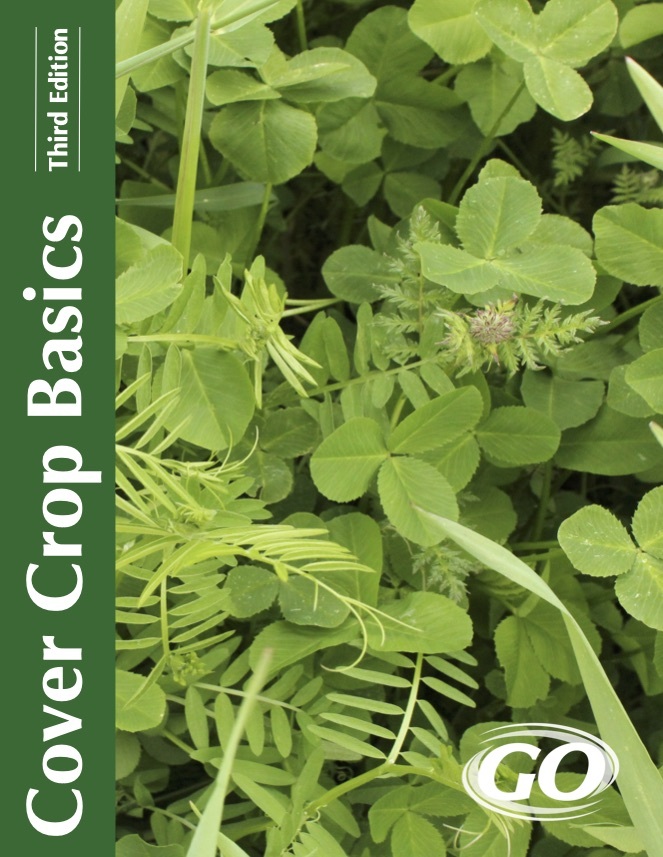Intensified cover-cropping practices are increasingly viewed as a herbicide-resistance management tool but clear distinction between reactive and proactive resistance management performance targets is needed. We evaluated two proactive performance targets for integrating cover crops, including (1) facilitation of reduced herbicide inputs and (2) reduced herbicide selection pressure. We conducted corn (Zea mays L.) and soybean [Glycine max (L.) Merr.] field experiments in Pennsylvania and Delaware using synthetic weed seedbanks of horseweed [Conyza canadensis (L.) Cronquist] and smooth pigweed (Amaranthus hybridus L.) to assess winter and summer annual population dynamics, respectively.


